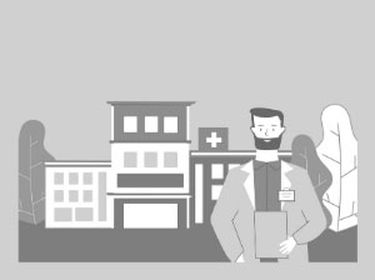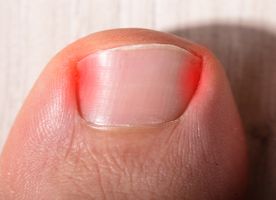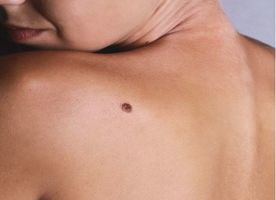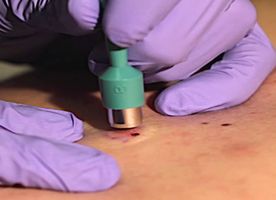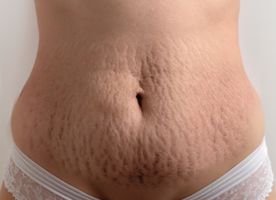Dermatology Consultation in Germany
Search and Compare the Best Clinics and Doctors at the Lowest Prices for Dermatology Consultation in Germany
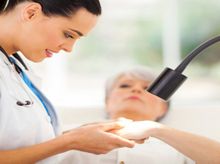
What does a Dermatology Consultation Procedure Involve?
The Dermatology Consultation process in Germany is quite straightforward. It begins with a meeting with your dermatologist. During this meeting, they'll want to know about your medical background, the skin issues you're dealing with and what you hope to achieve with the treatment.
At the actual treatment session, your dermatologist will use the latest medical techniques to help you. What happens exactly will be based on your situation - the kind and seriousness of your skin problem, and the outcome you're looking for. Once the procedure is done, your dermatologist will discuss your aftercare and will set up more appointments to check on your progress.
How Long Should I Stay in Germany for a Dermatology Consultation Procedure?
The time you need to spend in Germany for a Dermatology Consultation can change a lot. It depends on your specific treatment type and what your personal care needs. Some might need to stick around for close medical supervision, but others might be okay to leave on the same day.
Let's say your Dermatology Consultation is pretty basic, then you probably won't need to bunk down in Germany for the night. On the other hand, if your treatment calls for a bit more complexity, or your recovery needs watching, spending a few more nights in town could be on the cards. This is why it's super key to lean on the advice of your skin doc when you're mapping out your post-Dermatology Consultation plans in Germany. They'll know best as they're basing their advice on your particular circumstances.
What's the Recovery Time for Dermatology Consultation Procedures in Germany?
Healing after a Dermatology Consultation can take a while. It all hinges on what exact treatment was performed and how well you nurse yourself post-procedure. Some people might spy improvements within days, but to be fully back to normal might take a bit longer.
Here's an easy way to think about it; if your Dermatology Consultation is relatively straightforward, you could expect to get back to your usual self in a day or two. But, if your treatment was a bit more heavy-duty, you might need a few weeks or even up to a few months to recover fully. Now, during this time, don’t forget to take your dermatologist's advice seriously. Be sure to keep all your post-treatment appointments and follow any given aftercare rules.
What sort of Aftercare is Required for Dermatology Consultation Procedures in Germany?
After any Dermatology Consultation, it's important to keep a few things in mind to ensure the best results. Your dermatologist will likely give you a set of aftercare instructions specific to your procedure and condition. This advice usually includes rest, wound care, taking prescribed medications correctly, and avoiding exposure to harsh conditions whenever applicable.
For instance, with some treatments, you're advised to get plenty of rest and keep your skin clean and protected. Be diligent in taking any antibiotic or anti-inflammatory medicines the doctor might have prescribed. Big no-nos might be things like excessive sun exposure or diving straight back into rigorous activities, which could harm the recovery process. Remember, the key to successful aftercare is following your derma’s advice, both to hasten recovery and ensure the best results possible.
What's the Success Rate of Dermatology Consultation Procedures in Germany?
Dermatology consultation is the best thing you can do to maintain healthy skin for life. The success rate of treatments you will get after getting regular dermatology consultation is high, particularly if a skin problem is found in its early stages.
There are no risks in dermatology consultation. Risks and side effects are usually present in the treatment your dermatologist will recommend based on your specific condition. Your dermatologist will explain the potential side-effects of the treatment prescribed.
Are there Alternatives to Dermatology Consultation Procedures in Germany?
Definitely. It's always good to have choices, and in medicine, we often do. If for some reason you find yourself not on board with a Dermatology Consultation, don't worry. In Germany, there are plenty of other options you can consider. This might be a different sort of treatment, a type of medicine, or even altering your lifestyle and skincare habits.
For instance, if your Dermatology Consultation is designed to tackle a specific skin concern, there might be other procedures, pills, or creams that could do the job too. Maybe even changing up what you eat or starting a steady exercise routine could help deal with your issue. Just make sure you chat about all these potential alternatives with your derma first. You need to make sure that any changes are well suited to your individual circumstances. It's all about tailored solutions in medicine.
This information has been accurately sourced and verified by a medical professional for its accuracy, however, we strongly recommend you to consult with your doctor before pursuing medical procedures overseas.




